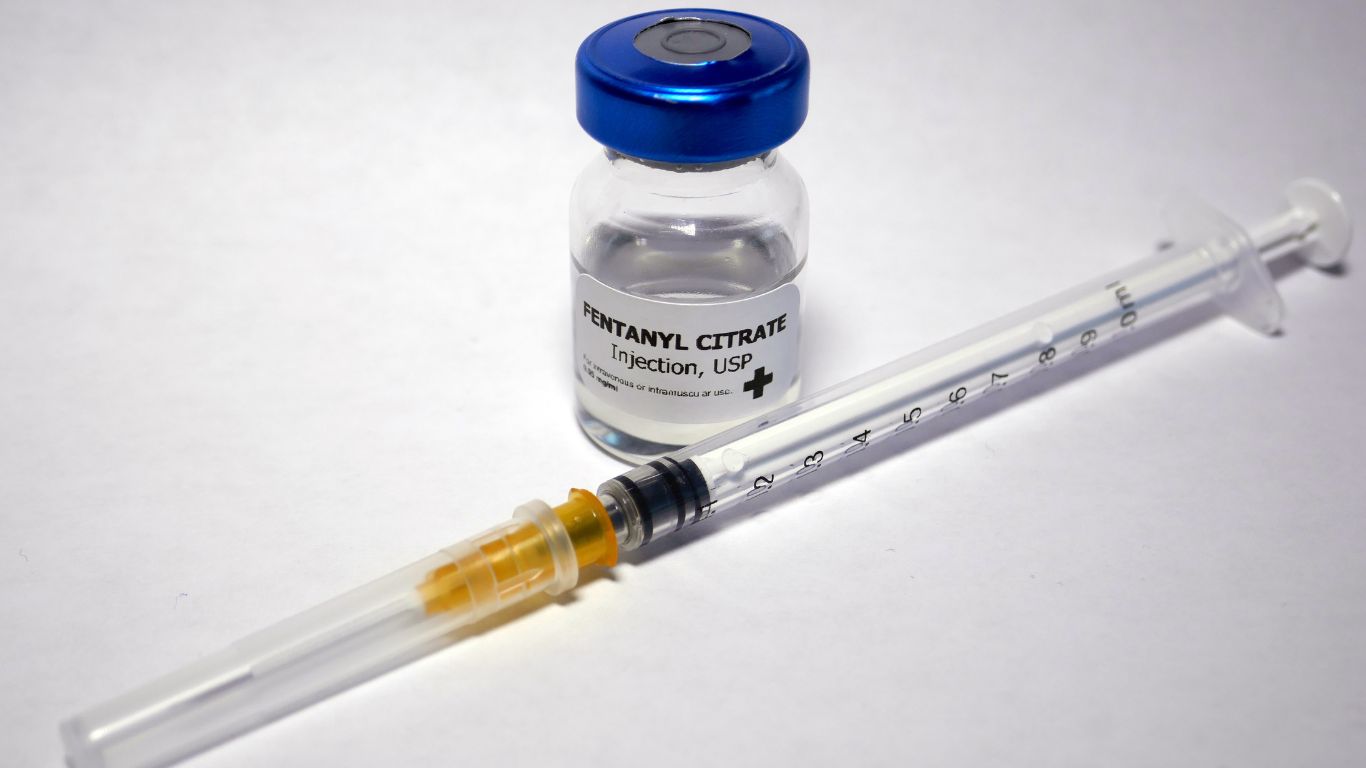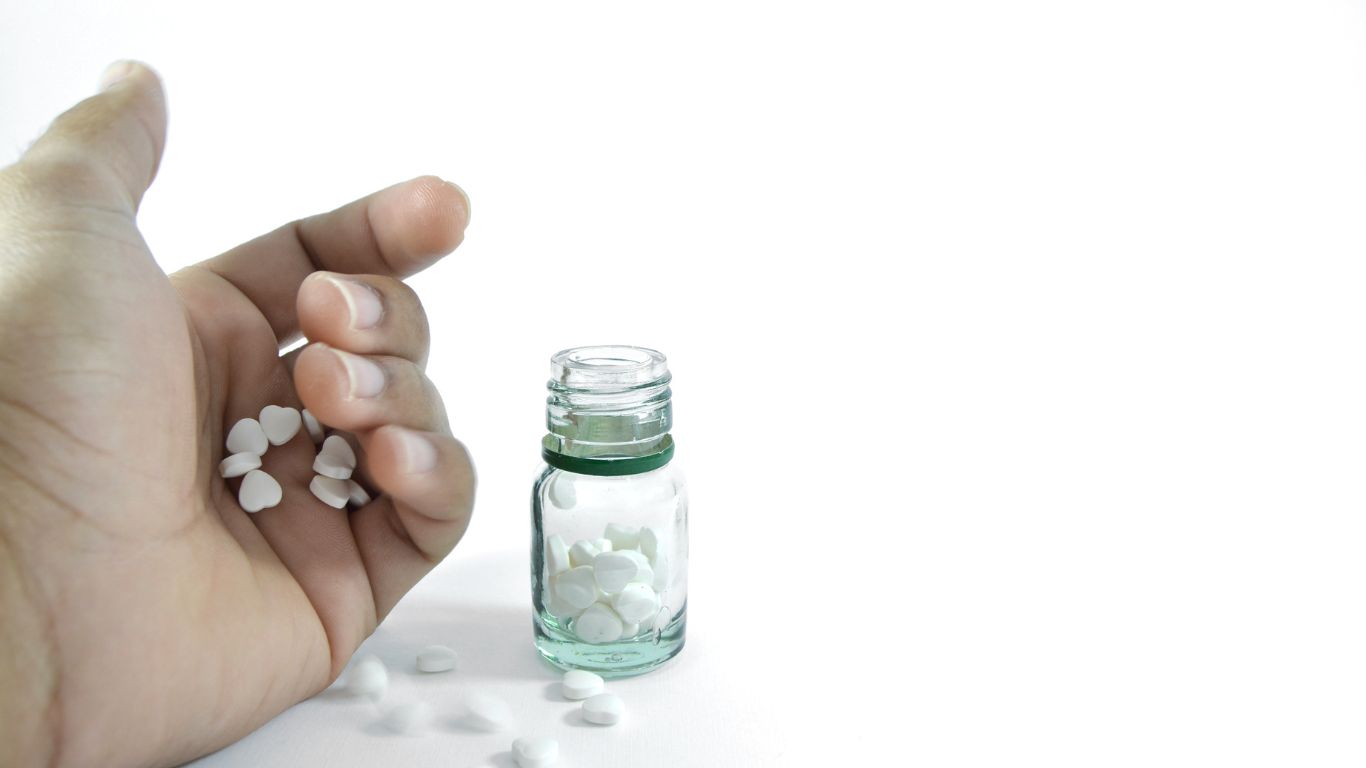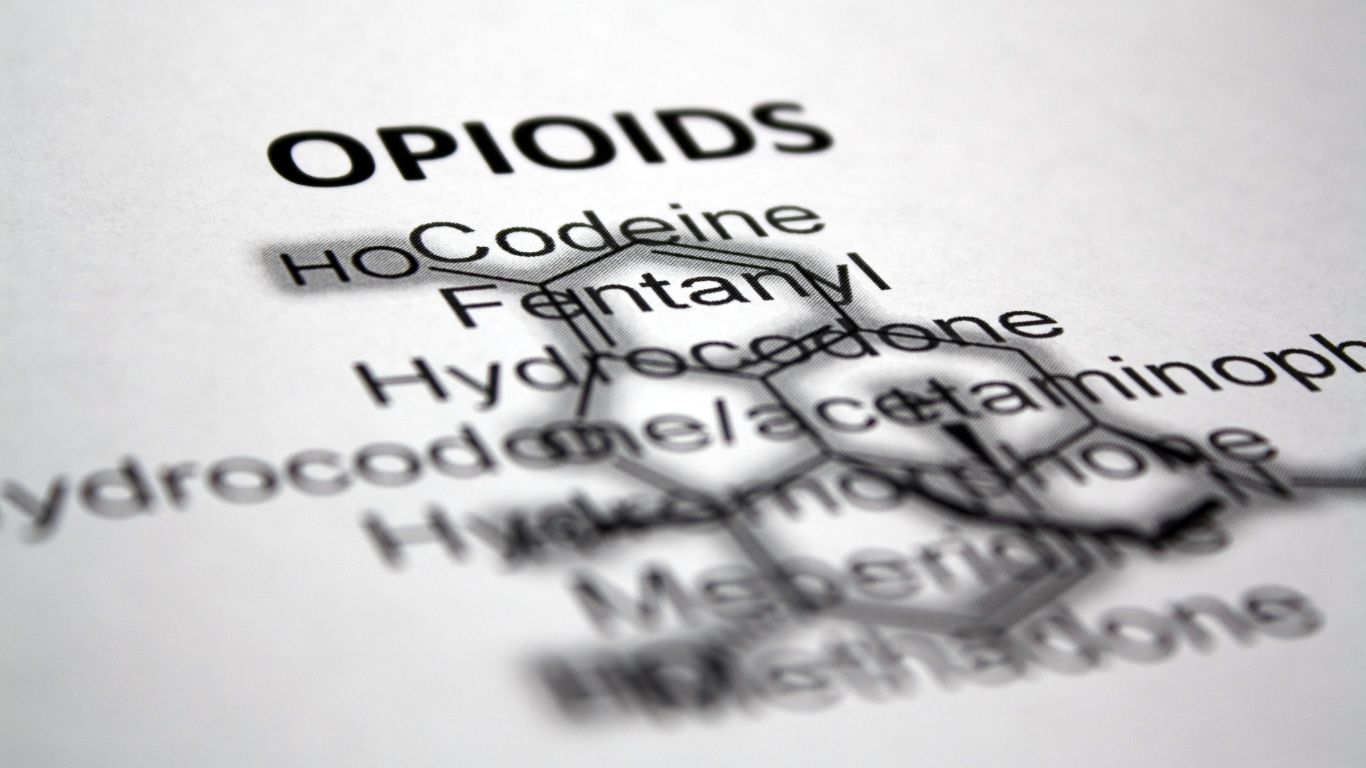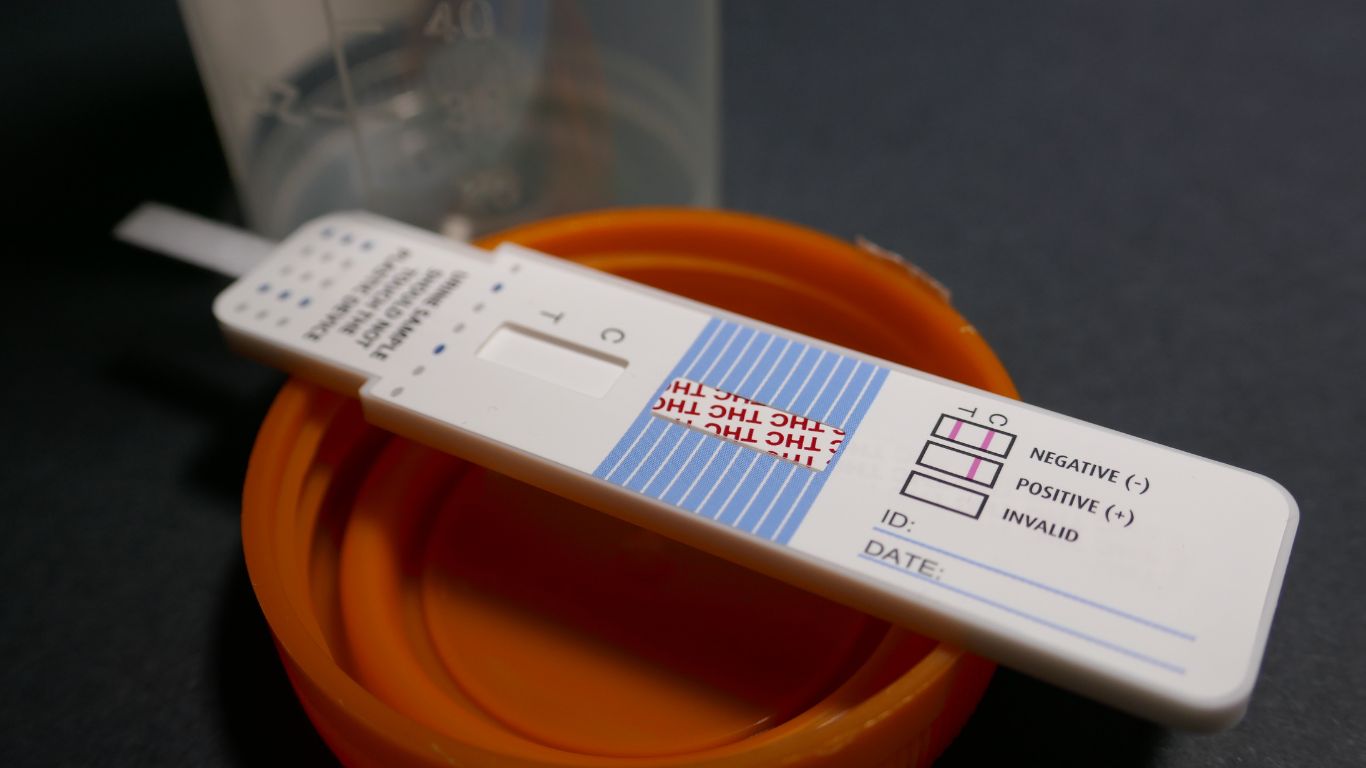Wondering if a 12-step recovery program is right for you? 12-step programs like Alcoholics Anonymous AA and Narcotics Anonymous NA have been popular addiction recovery options for decades. Based on prescribed alcohol and drug rehabilitation steps, these groups are based on guiding principles, often spiritual-based addiction recovery principles, that participants can follow to achieve recovery. Do 12-step programs work though? Some people find that attending meetings with their 12-step group is the ideal road to recovery. Others find that 12-step approaches don’t provide the individualized support they need. Learn more about the 12-step recovery process to see if it’s a good fit for you.
 Price Allem
Price Allem
Why is Fort Bragg Having an Overdose Crisis?
A high number of American soldiers assigned to Fort Bragg have died over the last two years, with 14 of those being specifically noted as drug overdoses, including 11 that were due to Fentanyl overdose. Overall there have been 109 soldier deaths at Fort Bragg during 2020 and 2021 with only four that lost their lives during overseas military operations. According to a Rolling Stone article, only 20 more of those 109 were from natural causes. Overdose deaths, suicides, and even murders have all been part of the count. Several deaths, including those of Matthew Disney and Joshua Diamond, were blamed on counterfeit synthetic opioids laced with Fentanyl (fake Percocet, specifically).
What Happens When You Quit Fentanyl?
More than two-thirds of the 100,000+ overdose deaths in 2021 were linked back to fentanyl use. It continues driving the ongoing opioid crisis and was recently described as “the single deadliest drug our nation has ever encountered,” by the Administrator for the country’s Drug Enforcement Administration.
If you or a loved one is addicted to fentanyl or other synthetic opioids, there is no time to waste. Call the opioid recovery team at TruPath today. Let us walk you through what happens when you quit fentanyl and take life back into your own hands.
What is an Overdose?
What Happens to Your Brain and Body When You Overdose on Drugs?
America is in the midst of an opioid epidemic. Overdose is when someone takes a critically toxic amount of an illicit or prescription drug or mixes multiple drugs. When someone experiences opioid overdose from substance abuse of pain medications, the body reacts in multiple ways to the large number of drugs in the system. The person overdosing may feel confused or act like they’re in a stupor. They may experience a lack of consciousness. Their heart rate may slow and they may have difficulty or have stopped breathing. They may vomit, have low body temperature, or lose skin color. They may seize or experience respiratory arrest. Drugs like opiates dampen people’s nervous systems to the point of lethal concern. Overdoses are always a medical emergency and have grown in number as a public health and mental health crisis. If you think someone is overdosing, call 911 immediately.
What are Some Proven and Effective Treatments for Opioid Addiction?
How Effective is Addiction Treatment for Opioids? The effectiveness of Opioid Use Disorder (OUD) treatment truly exists on a sliding scale. Someone can have access to every treatment for substance use disorder possible, but without the desire to work on the underlying causes of drug abuse and mental health disorders that are often related, relapse … Read more
Using AmeriHealth Insurance Coverage for Drug and Alcohol Treatment
Does AmeriHealth Insurance Cover Drug and Alcohol Addiction Treatment?
If you have AmeriHealth insurance coverage, and you are suffering from a drug addiction or an alcohol addiction, you may be covered for drug treatment. Thanks to the Affordable Care Act (ACA), drug and alcohol addiction treatments are covered as one of the ten elements found in the section on essential health benefits, and AmeriHealth plans are legally required to cover rehab and mental health services. Depending on where you live and the exact AmeriHealth health plan may vary, limiting:
Options for Inpatient Alcohol Rehab
Why Choosing Inpatient Alcohol Rehab is Important
When you are in the midst of alcohol addiction, although your intentions for overcoming your substance abuse are true, there can be many challenges that present themselves. Oftentimes, when individuals attempt to overcome drug or alcohol addiction within their home environment to heal from substance use disorders, they are presented with triggers and influences that once fueled their alcohol addiction. An inpatient treatment program will allow you the break you need from the environment in that you are engaged in substance abuse. Inpatient rehab will invite you to reside within the treatment centers where you will have ongoing support and supervision from addiction therapists and medical professionals that will ensure you can safely and effectively address and heal from your root causes of drug or alcohol addiction.
Drugs That Are Not Detectable on Drug Tests
How Do Standard Drug Tests Work?
A standard drug test is a five-panel drug test that looks for marijuana, cocaine, PCP, amphetamines, and basic opiates like codeine, heroin, and morphine. Many companies and screeners will also look for:
The Intake Process for Inpatient Drug Rehab: What You Should Know
What is the Intake Process Like for Inpatient Drug Rehab?
Entering addiction recovery programs can be scary and it is normal to feel anxious about what to expect during your program. The first step in addiction recovery treatment is a thorough physical and psychological evaluation done during the intake process. The intake process is an important part of substance abuse programs which allows staff to better understand each person’s unique needs and condition. It is usually made up for several steps which include:
Mental Health and Substance Abuse Treatment Centers Near Me
The Connection Between Substance Abuse and Mental Health
Substance abuse and mental health issues are closely related. One may cause the other or they may start at the same time. Drug and alcohol use affects the brain physically which can cause an effect on moods, emotions, and mental health. When both substance use disorders and mental health disorders are present together, they are referred to co-occurring disorders.
Often, people with mental health issues such as anxiety disorders, bipolar disorders, and depression, will use substance abuse as a way to self-medicate negative symptoms and emotions. While it may work temporarily, drugs and alcohol will just make the symptoms worse once their effect wears off. This will cause people to use substances again to treat worsening symptoms and with continued substance abuse may develop physical dependence and eventually a substance use disorder.
Also, drugs and alcohol can bring out mental health disorders in some people. When drugs or alcohol interact with the brain, they mess with neurotransmitters and with continued abuse, the brain becomes dependent on these substances to regulate brain chemicals, causing physical dependency. When the person attempts to stop using, they develop withdrawal symptoms and cravings which can make quitting use on your own very difficult. So now that the brain can no longer regulate these chemicals that are critical for mental health on their own, they develop mental health disorders such as anxiety disorders, bipolar disorders, and depressive disorders.









